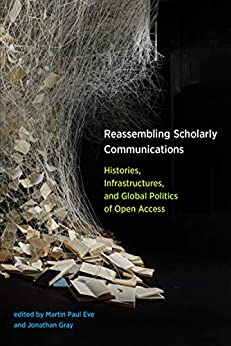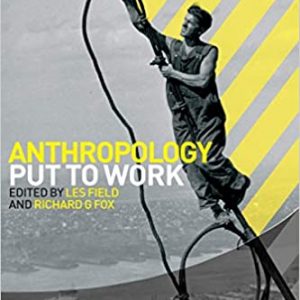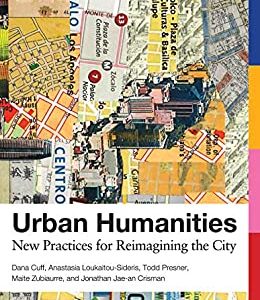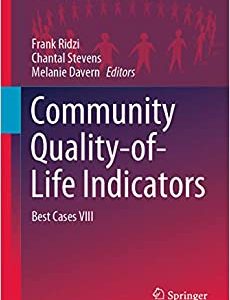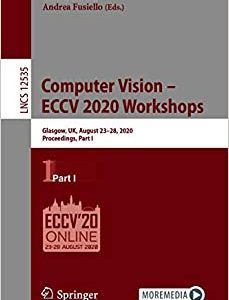A range of perspectives on the complex political, philosophical, and pragmatic implications of opening research and scholarship through digital technologies.
The Open Access Movement proposes to remove price and permission barriers for accessing peer-reviewed research work–to use the power of the internet to duplicate material at an infinitesimal cost-per-copy. In this volume, contributors show that open access does not exist in a technological vacuum; there are complex political, philosophical, and pragmatic implications for opening research through digital technologies. The contributors examine open access across spans of colonial legacies, knowledge frameworks, publics and politics, archives and digital preservation, infrastructures and platforms, and global communities.

